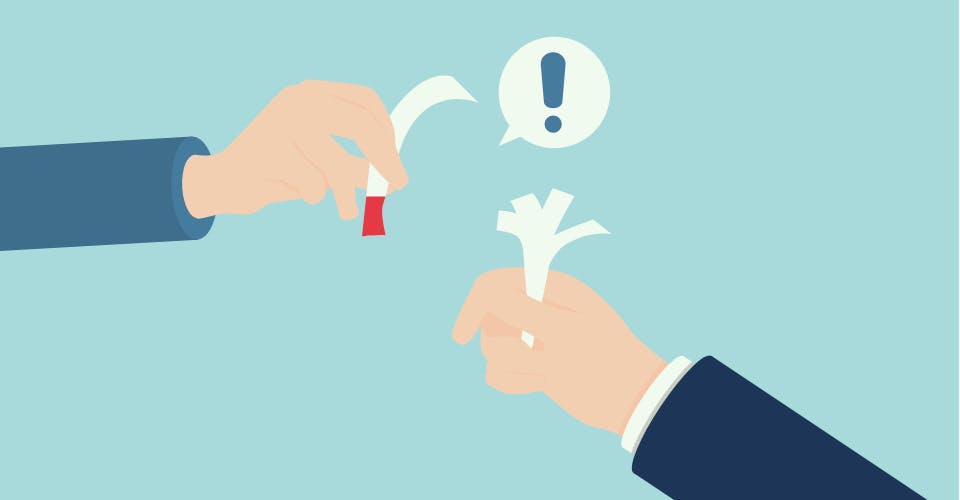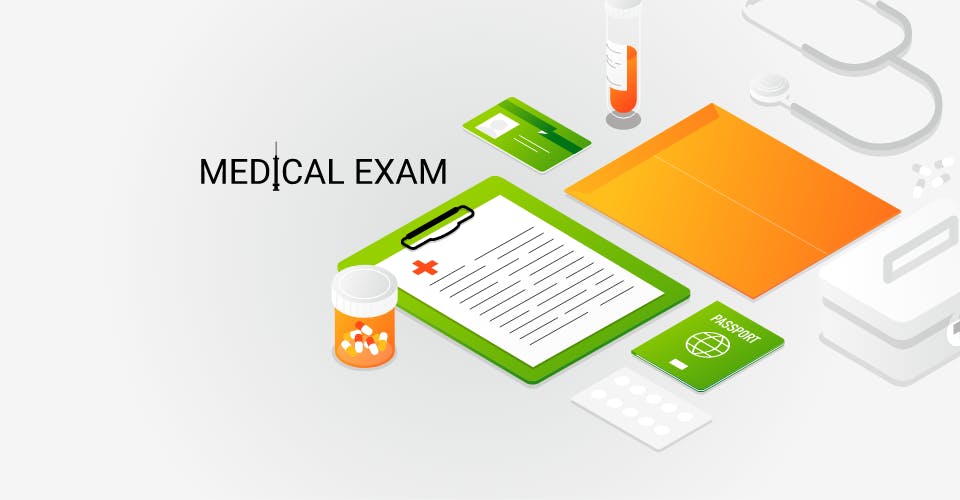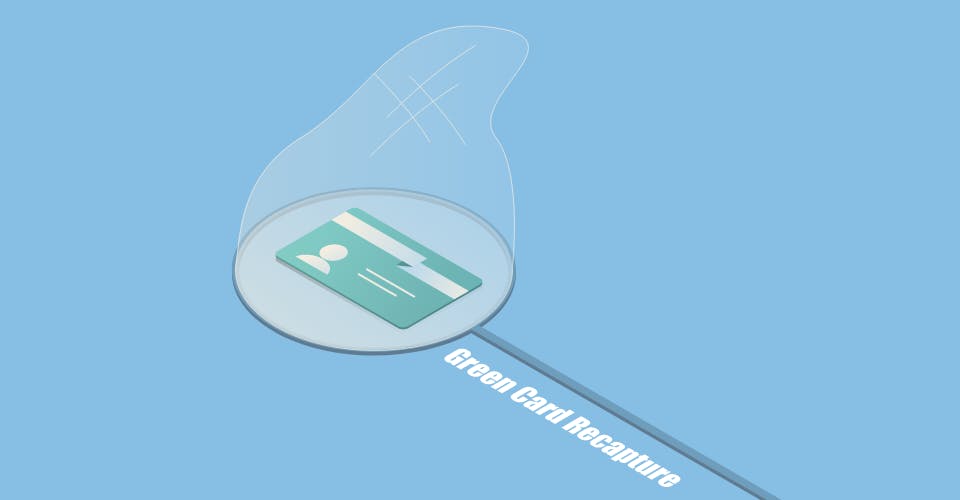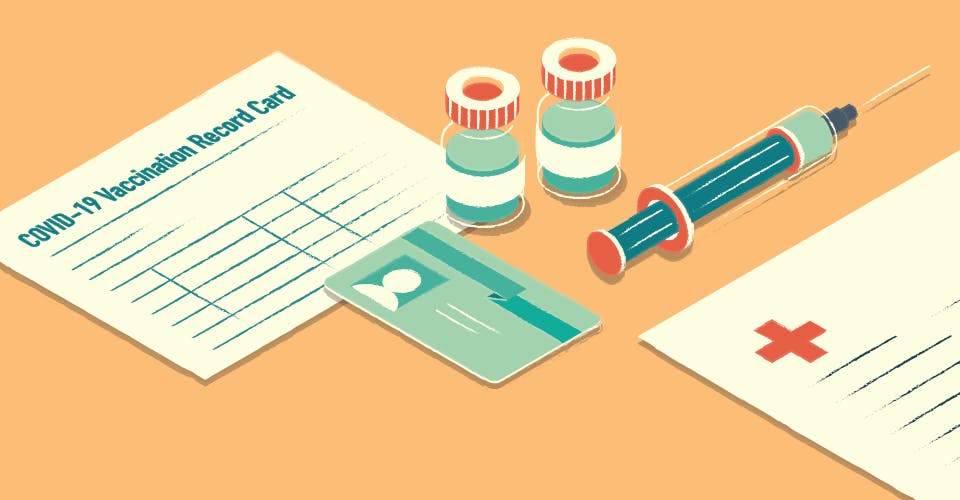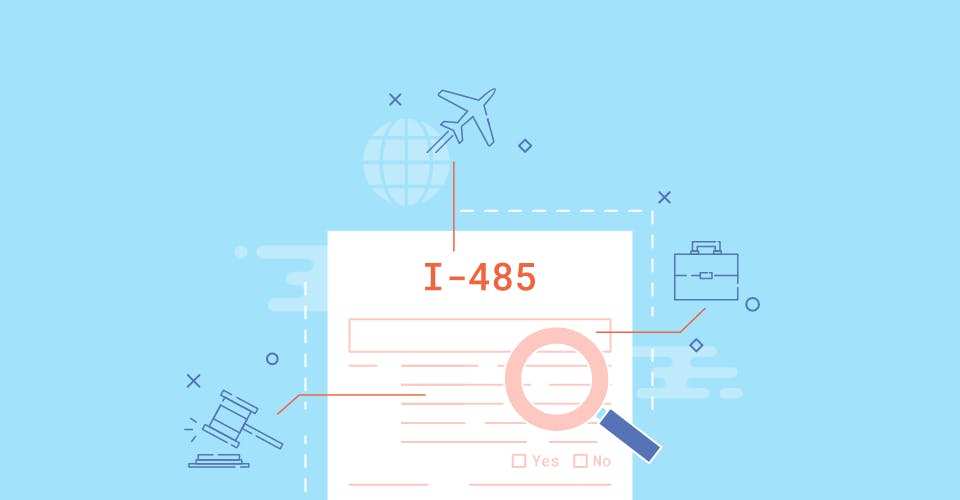Every year, there is a set quota from different countries around the world allowing visa lottery winners the capability to reside legally and lawfully in the United States and start a new chapter for themselves. The visa lottery was historically a way for immigration authorities, as part of the Immigration Act of 1990, to make an effort to promote immigration from countries underrepresented in the United States.
The number of diversity visas is issued and limited to 50,000 per fiscal year, and the entire DV process is administered by the U.S. State Department.
With the passing of this Act, in recent decades there has been an arrival of new resident aliens as well as naturalized citizens in the U.S. from sub-Saharan African countries as well as countries in Central Asia that were previously (prior to 1990) less represented in America. Such influxes of new residents have strengthened key sectors in the U.S. workforce and economy, and have brought new cultures, ideas, and customs to the U.S. ultimately making the country a more diverse and rich place to live.
While many simply think that winning the lottery is the end goal, it is really more complicated than that. A common myth of the Diversity Lottery is that once an individual has won the lottery, they are automatically issued a green card and can travel to the United States. What U.S. citizens often don’t realize when they meet a DV lottery winner in the States is that such individuals have usually waited up to one year since their initial confirmation as a winner.
Such winners every year are decided by a computer program which can be accessed by checking the Entrant Status Check link on the Diversity Visa website, available here.
It’s important for applicants to check this system in May the year following their application, as they will need to be speedy and save their confirmation number as there are more DV winners than there are visas available each year.
Securing an Immigrant Visa
Once declared a winner, a foreign national needs to start the process of knowing when there will be an immigrant visa available for them so that they can begin their journey to the United States. Such winners should be quick to visit the State Department website and familiarize themselves with the Visa Bulletin and any information that may be posted as it relates to the DV lottery. They should also be quick to have filled out their DS-260, or Immigrant Visa application.
It should be noted that such an application is not the same as applying for a non-immigrant temporary visa and for more information on the difference between the two, applicants should scroll to the Directory of Visa Categories on the State Department website, available here.
Once an applicant's immigrant visa has been issued, they are qualified to travel to the United States, pending final approval from the CBP officer that will interview them. At this point, immigrant visas are valid for six month periods, and DV winners will either need to adjust their status once they have arrived in America, or through a consular processing route. As a standard rule, an I-485 application for DV winners can only be filed once there is a visa available for them.

